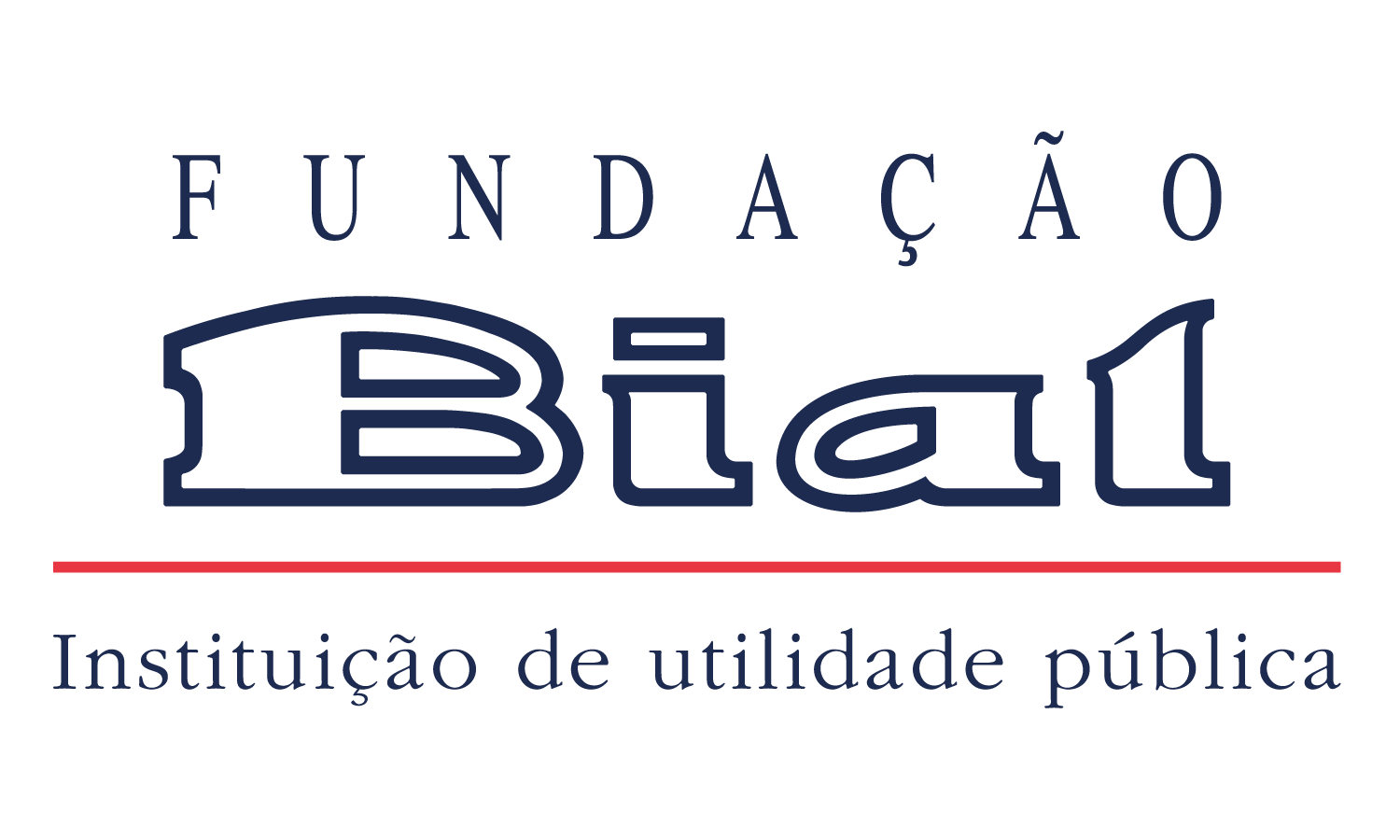O modelo neurobiológico de Morris Freedman sugere que os lobos frontais do cérebro atuam como um filtro para inibir as capacidades psíquicas (ex.: telepatia, clarividência, precognição, interação mente-matéria, etc.) e implica que os humanos possam ter capacidades psíquicas inatas que são suprimidas por esse filtro. Para testar este modelo, a equipa do projeto de investigação 210/18 - Mind-matter Interactions and the Frontal Lobes of the Brain, apoiado pela Fundação BIAL, utilizou a estimulação magnética transcraniana repetitiva (EMTr) para induzir lesões cerebrais reversíveis na região frontal medial esquerda em participantes saudáveis. Os dados confirmaram a hipótese inicial, ou seja, participantes saudáveis com lesões reversíveis induzidas por EMTr afetando a região frontal média esquerda do cérebro mostraram efeitos superiores numa tarefa de interação mente-matéria em comparação com participantes saudáveis sem lesões induzidas por EMTr. Estes resultados apoiam a premissa de que o cérebro serve como um filtro para bloquear os efeitos psíquicos e podem ajudar a explicar porque é que estes efeitos são tão pequenos e difíceis de replicar em participantes saudáveis. Para saber mais sobre o estudo, leia o artigo Enhanced mind-matter interactions following rTMS induced frontal lobe inhibition, publicado na revista científica Cortex.
ABSTRACT
A major barrier to acceptance of psi is that effects are small and hard to replicate. To address this issue, we developed a novel neurobiological model to study this controversial phenomenon based upon the concept that the brain may act as a psi-inhibitory filter. Our previous research in individuals with frontal lobe damage suggests that this filter includes the left medial middle frontal region. We report our findings in healthy participants with rTMS induced reversible brain lesions. In support of our a priori hypothesis, we found a significant psi effect following rTMS inhibition of the left medial middle frontal lobe. This significant effect was found using a post hoc weighting procedure aligned with our overarching hypothesis. This suggests that the brain may inhibit psi and that individuals with neurological or reversible rTMS induced frontal lesions may comprise an enriched sample for detection and replication of this controversial phenomenon. Our findings are potentially transformative for the way we view interactions between the brain and seemingly random events.

































































































